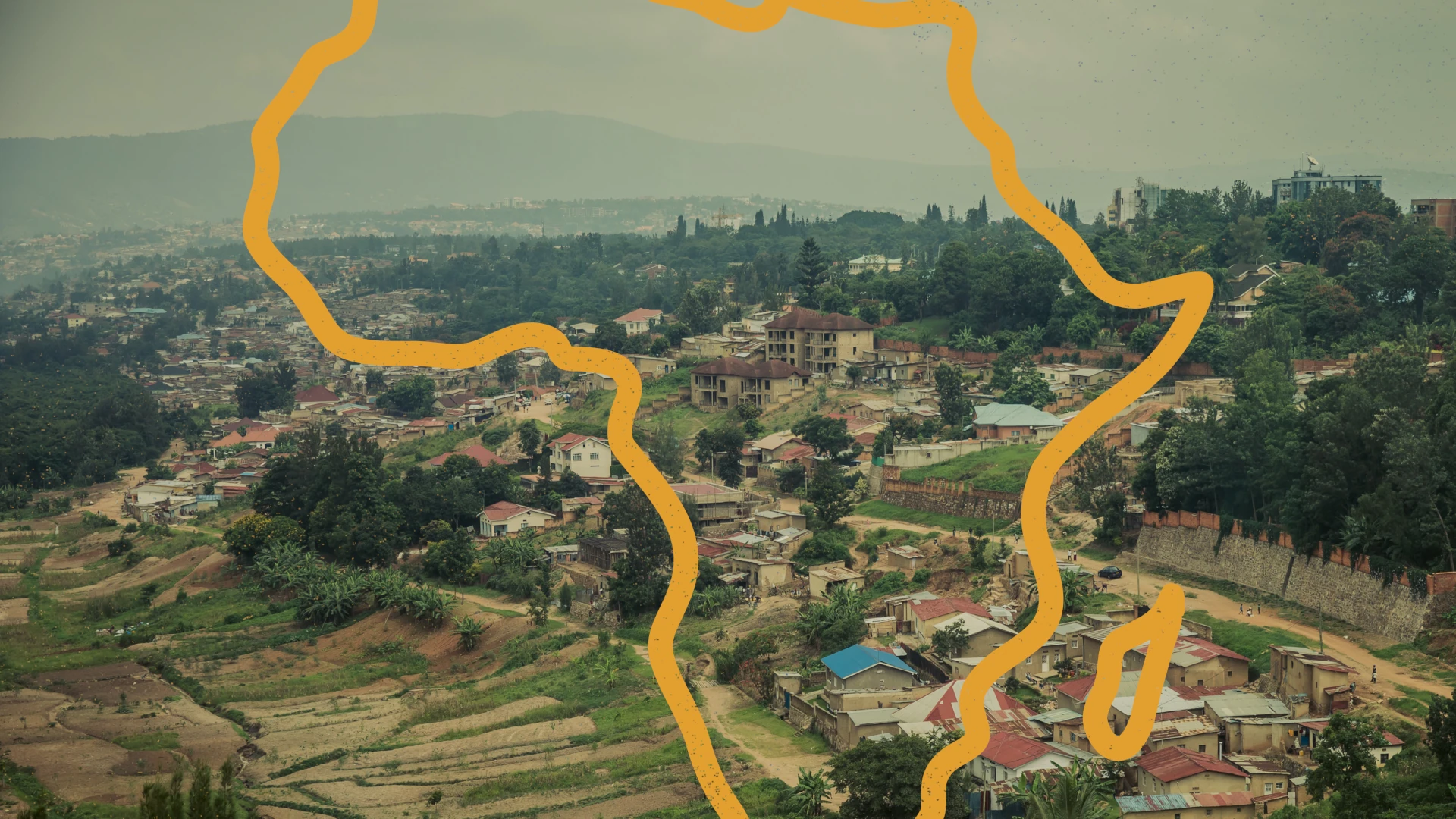
What if Africa is the new heartland of Christianity?
What if African theology becomes more grounded in social realities?
What if Africa can lead the world to new spiritual insights?
It’s home to 25% of the world’s Christians today, predicted to grow to 40% within the next 25 years. In fact, Africa is where Christianity is growing faster than anywhere else in the world. More and more, it’s being described as Christianity’s new heartland.

Such dynamic growth combined with rapid changes in its diverse cultures makes the African continent “a gold mine of theological research waiting to be explored,” according to Afe Adogame, Ph.D. As chairperson of the Religion and Society program at Princeton Theological Seminary and a renowned scholar of Christianity in Africa, he recently directed the Engaging African Realities (EAR) project to support gifted African theologians in innovative research. Funded by Templeton Religion Trust, it was a collaboration with the Nagel Institute, an educational research arm within Calvin University, Grand Rapids, Mich., focused on studies of Christianity throughout the world.
Instead of relying on traditional scholarly approaches to theology – which Adogame describes as “top-down desktop or armchair theology” — the project steered participants to a newer method known as grounded theology — which is a bottom-up approach. Borrowing from the social sciences, it’s an empirical approach that relies heavily on ethnography – that is, observing life as it happens, listening, and asking open-ended questions. Ethnography begins without a hypothesis or preconceived notions. The data collected becomes the sole basis for a researcher’s insights and conclusions.

Twelve mostly early-career African theologians with compelling research ideas were selected to participate in the project. Spanning three years, they received funding to conduct on-the-ground research as well as engage in intensive workshops on social science and grounded theology. In addition, their stipends covered spending several months at either the Nagel Institute at Calvin University, Princeton Theological Seminary or the Candler School of Theology at Emory University. These proved invaluable for mentoring and networking with faculty and students.
Participants’ research foci proved as diverse as the continent itself. Each was as an amazing journey into some sector of African contemporary life that usually receives very little scholarly attention. For example, investigating the religious dimensions of small-scale fishery practices in western South Africa. Exploring Nigeria’s “Nollywood” cinema in relation to traditional histories, values, and spirituality. Investigating religion-based notions of femininity and singlehood in Zimbabwe. Delving into the so-called “violent prayers” in Nigerian Pentecostal churches. The religious values and spiritual experiences of the Tsonga people of southern Mozambique.
In all, there were twelve projects, each producing a wealth of data-based insights. These insights are now being spread as grantees publish books and articles, make presentations, and advocate for linking social sciences methods into Africa’s theological curricula.
Adogame describes grounded theology as “a method for seeking hidden patterns and meanings, a way to unearth stories and enable answers to questions from African realities.” Ultimately, this can lead to important and fundamental theological questions. How does understanding this help us know and practice God’s ways and will? What can it mean for pastors, activists, and believers? How can Christians grow in their faith and knowledge because of these discoveries?

“The quality of Christian thinking worldwide depends increasingly on the quality of theologizing coming from Africa,” Adogame emphasizes. “The challenge is that much of the attempts to deal with problems that are uniquely African come from the outside. We want to provide the building blocks for sustainable research and the discovery of profound answers to African problems of African values and spirituality, as well as religious innovation and competition.”
In addition to forging an important path for African theologians, this project may also hold promise as a two-way exchange, helping Christians within and beyond Africa better understand God’s presence in the world today.